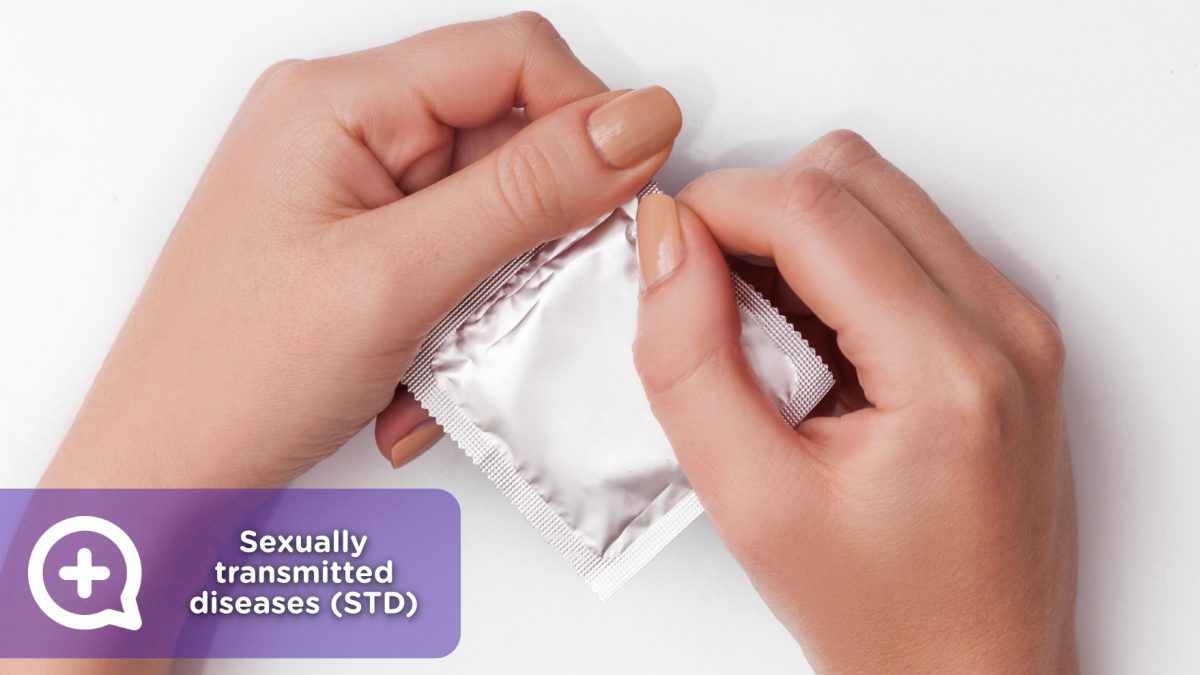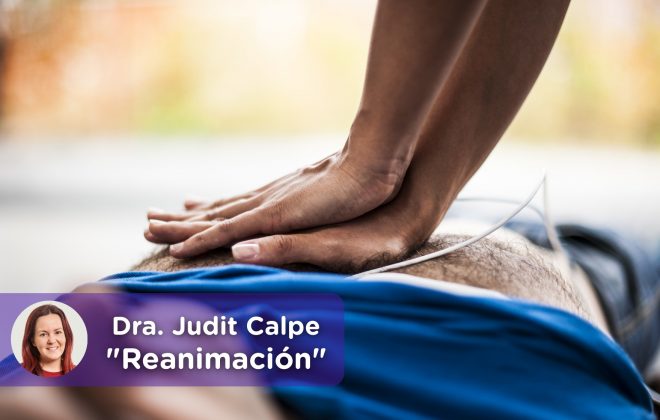What is an STD?
Do you remember, “Put it on”? That campaign from the beginning of the 90s that encouraged the use of condoms as a method to prevent the spread of sexually transmitted diseases and unwanted pregnancies is more valid now than ever. In fact, the World Health Organization continues to promote the use of condoms as the most effective way of preventing sexually transmitted diseases (STDs).
STDs are infections generated by bacteria, viruses, parasites and fungi, which are spread from one person to another during sexual intercourse, whether by vaginal, anal or oral sex. They are very common and range from a genital wart to Hepatitis B or AIDS (Acquired Immune Deficiency Syndrome). Both men and women are at risk if preventative measures are not taken. The upside is that it’s diagnosis is simple and there is a treatment and cure for almost all cases.
There are more than 30 types of STDS and the majority do not demonstrate obvious symptoms, although they are no less dangerous. You can be infected and not know it, so you could then infect your sexual partner. That is why it is so important to use a condom as a method of protection during sexual intercourse and to visit the doctor periodically to get tested for STDS.
What do I do if I get infected?
Do not panic if you think you have been infected with an STD. The symptoms may begin right away, or they may not appear until a few weeks later. You must go to a medical center to perform an STD test. It is important to know that there are different treatments for each type of STD.
Which are the most common?
Here are the most common STDs, their symptoms, and how they are cured:
- Human Papillomavirus (HPV): is very common and depending on the type, it can cause anything from genital warts to cancer. There is now a preventative vaccine for it.
- Chlamydia: at the beginning of the infection, there aren’t any symptoms and it can only be diagnosed with a test. The warning signs are pain and greater vaginal discharge in women or penile in men. It can be treated and cured with antibiotics.
- Gonorrhea: does not present symptoms at first either and is diagnosed with a test. Some signs are painful urination and increased secretion. It can be treated with antibiotics.
- Hepatitis B: is a virus that affects the liver. Although there is no cure, it can be prevented from spreading with a vaccine.
- Genital herpes: presents with wounds and blisters in the genital area, but even once they disappear, the virus can remain inactive in the body for long periods of time.
- Human Immunodeficiency Virus (HIV): is the virus that causes AIDS. It affects the immune system, decreasing one’s defenses. It can also spread when we share utensils or needles with someone who is infected. Despite the fact that AIDS has caused several deaths, there are medicines today that can control the disease, making it chronic and improving the quality of life of those who suffer from it.
What can you do to make it better
- Use condoms during sexual relationships.
- Get tested periodically to know if you are infected with an STD.
- Do not hesitate to call the doctor at the slightest sight of a symptom or suspicion of infection.
- In the case that you are infected, continue the treatment prescribed to you.
- Talk to your doctor so you know when you can have sex again.
- If you have had sex with multiple people, tell them that you have been infected with an STD so that they can get tested as well and avoid infecting others.
*Content validated by the mediQuo medical team.



